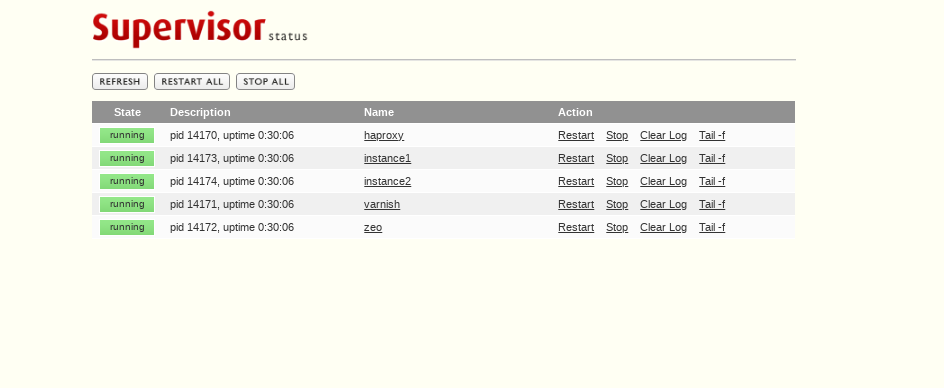Auch eine gute quelloffene (Open Source) und freie Software lebt nicht allein von ihrer Historie, sondern sie wird auf Dauer nur überleben, wenn sie mit der technischen Entwicklung Stand hält. Dazu ist es notwendig, dass der Quellcode modernisiert wird und sich an Neuerungen der verwendeten Programmiersprache (z.B. der Programmiersprachen C und C++) anpasst. Hierduch lassen sich dann beispielsweise neue Funktionen der Programmiersprachen einsetzen und zuvor für diese Fälle erstellte Eigenentwicklungen müssen nicht mehr mühsam selbst gepflegt werden (und damit werden Programmierer-Arbeitsstunden für andere Aufgaben, z.B. das Programmieren neuer Funktionen, frei).
Gerade das Erstellen neuer Funktionen oder die Verbesserung alter Funktionalitäten sind für die Weiterentwicklung einer Software wichtig, unabhängig davon, in welchem zeitlichen Rhythmus diese dann in neuen Releases veröffentlicht werden (und wie lange Hauptversionen des Programms mit Patches [Updates] jeweils versorgt werden).
Um den Quellcode einer quelloffenen und freien Software aktuell zu halten und ihm neue oder verbesserte Funktionen einzufügen, bedarf es einer ausreichenden Anzahl von Programmierern (bezahlt und/oder freiwillig Beitragender) und einer leistungsfähigen Infrastruktur zur Zusammenarbeit der Beteiligten.
Dies gilt umso mehr, wenn es sich um eine Software mit umfangreichem Quelltext mit Millionen von Programmierzeilen handelt, und diese Software von Büroarbeitern zur Bearbeitung von Textdokumenten, Tabellendokumenten oder Präsentationen eingesetzt wird und mit ihr auch auf Datenbanken zugegriffen wird.
Wenn man sich die Weiterentwicklung des Quellcodes und der Software der freien Bürosoftware OpenOffice.org ab dem Jahr 2010 anschaut und die persönlichen Ressourcen (Man-/Women-Power) betrachtet, die in beiden Projekten am Werke ist, stellt man sehr schnell fest, dass allein das LibreOffice-Projekt den Quellcode (der zum Teil noch aus den 1990-Jahren stammte) modernisiert und neue / verbesserte Funktionen eingefügt hat. Demgegenüber hat die Software Apache OpenOffice nach dem Ausstieg von IBM aus dessen Entwicklung keine für die Entwicklung bezahlten Programmierer mehr zur Verfügung. Eine Weiterentwicklung dieser Bürosoftware hat seitdem nicht mehr wirklich stattgefunden. Der Quellcode ist seit 2010 nicht wesentlich modernisiert worden. Apache OpenOffice ist – anders als LibreOffice – nicht in der Lage, das neue Microsoft-Dateiformat OOXML zu lesen und zu schreiben. Dies ist aber – leider – für eine Bürosoftware aktuell erforderlich, da in heterogenen Arbeitsumgebungen / Kundenbeziehungen nicht alle Beteiligten das offene Dateiformat ODF (Open Document Format) verwenden.
Es ist müßig, darüber zu streiten, wer der „wahre“ Erbe von OpenOffice.org ist. Für den Anwender einer quelloffenen und freien Bürosoftware kommt es allein auf deren aktuelle Funktionalität und den gesicherten Support (z.B. für Fehlerbehebung und neue Funktionalitäten) an. Ein Open Source Projekt, das dies nicht (mehr) bieten kann, sollte seine Software nicht mehr bewerben und ihren Vertrieb solange einstellen, bis der Support wieder voll gewährleistet ist. Sofern diese notwendige Konsequenz nicht gezogen wird und die aktuellen Benutzer der Software nicht über die verfügbaren Programm-Alternativen zeitnah informiert werden, schadet eine solche Verfahrensweise letztlich der gesamten Idee von freier Software und dem zugehörigen beruflichen Umfeld.

